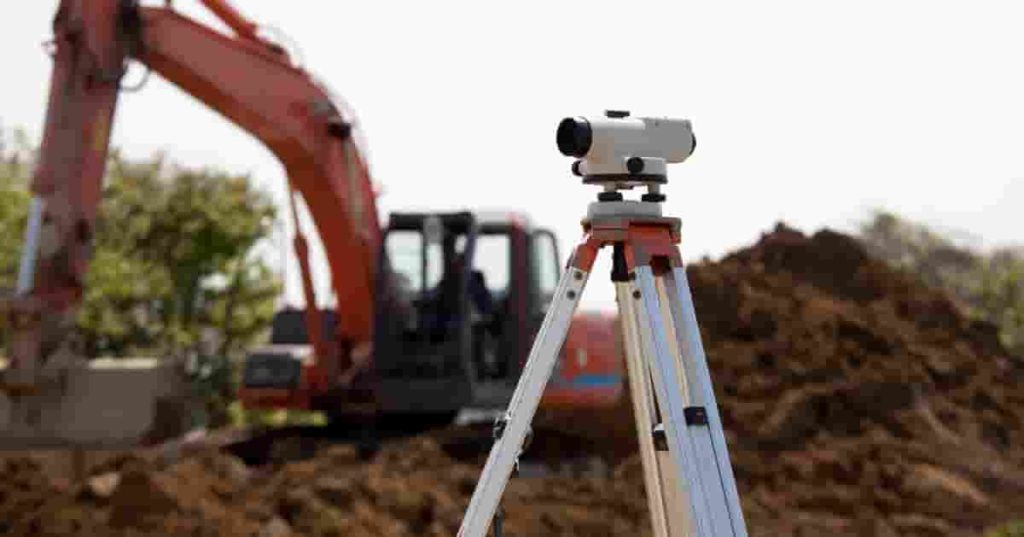Civil consultants for factory projects provide expert advice and guidance on civil engineering, construction projects in the industrial sector. The services include consulting and designing industrial facilities. Civil consultants are sometimes called to assess the project concerning civil construction.
What are the roles of civil consultants for factory projects?
The roles of civil consultants vary from project to project. In certain projects, they have a major role. In others, they have restricted functions. However, some of the common responsibilities of industrial civil consultants may include the following:
- They help in planning and preparing feasibility study reports
- Preparing RFQs for contour survey and soil test.
- Analysing the contour survey for levelling and site preparation
- Understanding the client’s requirements.
- Participating in the design charrette
- Participating in the preparation of project requirements
- Design of the civil works – building, site development, roads, drains, parking etc.
- Ensuring compliance with all regulatory norms, including setbacks, the distance between buildings
- Preparation of civil tender and BOQ
- Pre-bid meetings
- Technical evaluation of the bids
- Kick-off meeting
- Preparation of GFC for civil works
- Answering the RFIs raised by contractors or PMCs during construction
- Site visits during hold points
- Participating in the preparation of the Snag list
- Virtual completion certificate.
- Preparation of As-Built Drawings
Civil consultants often are asked for multiple options in the conceptual stage to achieve space and cost optimisation. Additionally, they can add the latest advancements and benefit the project by being technologically updated.
Challenges
Civil consultants face a range of challenges in their work. Some of the key challenges include:
- Client Expectations: Civil consultants need to meet their clients’ expectations regarding project delivery, timelines, and budget.
- The complexity of projects: Civil consultants often work on many projects with varied degrees of complexity, many stakeholders, multiple components, and various regulatory requirements.
- Changing regulations: Regulations change. Civil consultants have to be upto date with these changes to ensure compliance.
- Balancing design and functionality: Civil consultants must balance the design and functionality of projects to meet the client’s needs while ensuring the project is structurally sound and meets all safety requirements.
- Handling unforeseen issues: Civil projects often involve unexpected issues during construction, such as rocky terrain, unforeseen soil conditions or unexpected utility lines.
- Maintaining relationships with stakeholders: The civil consultants must maintain positive relationships with various stakeholders, including clients, contractors, and government officials. This requires effective communication and negotiation skills.
To conclude, civil consultants for factory projects play a crucial role in optimising space and cost. Additionally, they also ensure compliance to regulatory norms.












